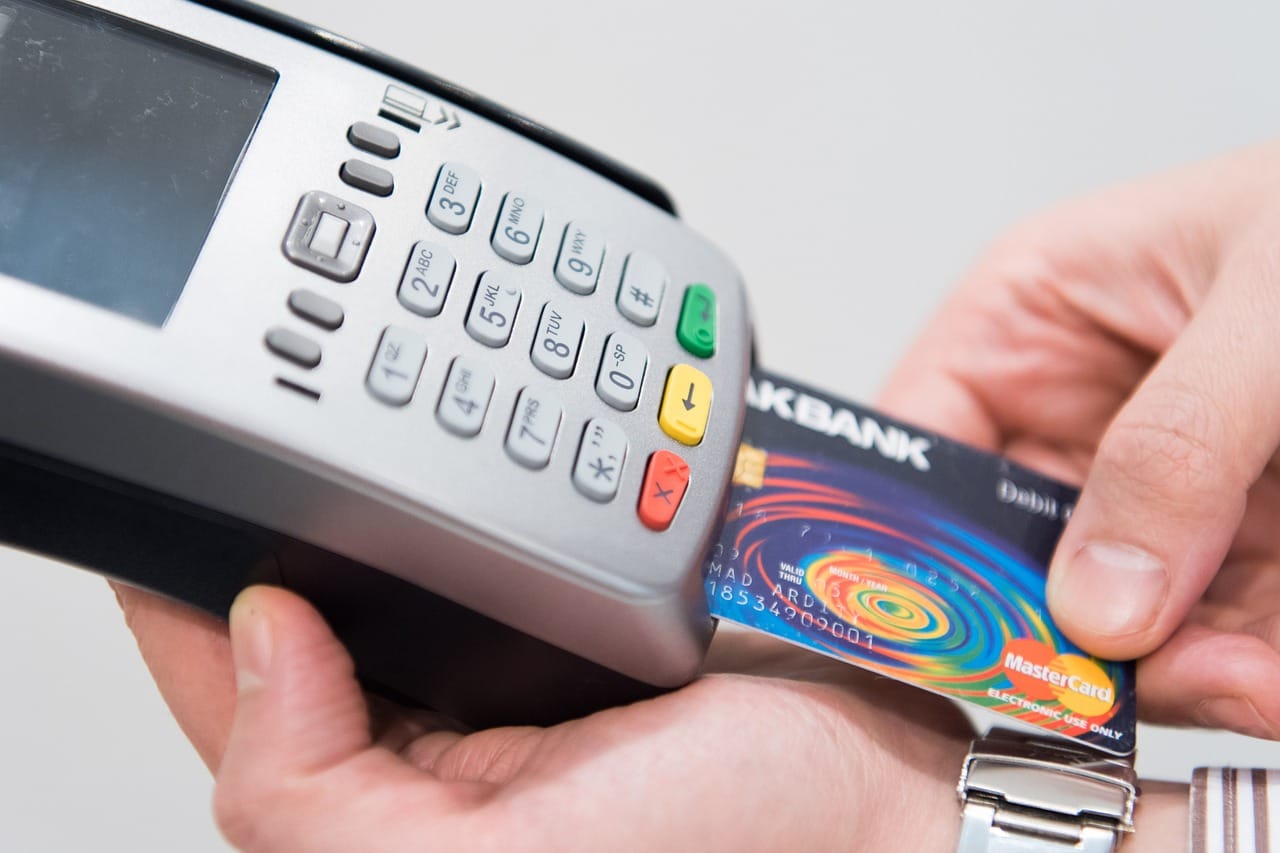Introduction
Being in debt can be a source of stress, frustration, and financial constraint. For many, achieving debt freedom seems like a distant or even unattainable goal. However, with proper planning, discipline, and a clear strategy, it is possible to break free from the debt cycle and regain financial peace of mind. This article explores the steps to achieve debt freedom, the benefits of becoming debt-free, and practical tips to help you get there.
What is Debt Freedom?
Debt freedom means having no financial obligations to creditors. This involves paying off all debts—whether credit cards, student loans, personal loans, or mortgages—completely. Being debt-free allows you to redirect your income towards other financial goals, such as savings, investments, or personal projects, without the burden of constant monthly repayments.
Why is Debt Freedom Important?
- Reduced Stress and Anxiety: Debt can cause considerable stress, affecting your mental and physical health. Debt freedom eliminates this constant source of worry.
- Improved Financial Flexibility: Without debt, you have more freedom to use your money as you wish. You can invest, save for long-term goals, or enjoy leisure activities and travel.
- Better Credit Score: Paying off your debts in full improves your credit score, which can open doors for future loans at lower interest rates or other financial opportunities.
- Access to Better Opportunities: Debt freedom can allow you to consider bolder career choices, such as starting a business, or taking risks that you might not afford while in debt.
- Long-Term Financial Security: Living debt-free allows you to focus on building wealth and a solid savings base, providing better security for the future.
Steps to Achieving Debt Freedom
Reaching debt freedom requires firm commitment and a planned strategy. Here are the key steps to guide you through this process:
1. Assess Your Current Financial Situation
The first step to getting out of debt is to clearly understand your current financial situation. This includes:
- Listing All Your Debts: Include all types of debts—credit cards, student loans, personal loans, mortgages, and medical debts. Note the total amount owed, interest rates, and minimum monthly payments for each debt.
- Analyzing Your Income and Expenses: Examine your sources of income and monthly expenses. Identify areas where you can cut back on expenses to free up more funds for debt repayment.
- Calculating Your Cash Flow: Determine whether you have a surplus (more income than expenses) or a deficit (more expenses than income). A surplus can be used to speed up debt repayment.
2. Create a Detailed Budget
A budget is an essential tool for managing your finances and getting out of debt. Here’s how to create an effective budget:
- Categorize Your Expenses: Separate your expenses into essential categories (housing, food, utilities) and non-essential categories (entertainment, subscriptions). This will help you see where adjustments can be made.
- Set Spending Limits: Define spending limits for each category, ensuring your expenses do not exceed your income.
- Allocate Funds for Debt Repayment: Consider debt repayment as a fixed expense. Allocate a significant percentage of your income to this purpose each month.
suggestion : Finance Planner
3. Adopt Debt Repayment Strategies
There are different strategies to pay off debts. Choose the one that best suits your situation:
- Snowball Method: This method involves paying off the smallest debts first, then using the freed-up funds to tackle larger debts. This approach provides quick wins that can boost your motivation.
- Avalanche Method: Prioritize paying off debts with the highest interest rates first. While this method may take longer to show visible results, it saves more money on interest in the long run.
- Debt Consolidation: If you have multiple debts with high-interest rates, consider consolidating them into a single loan with a lower interest rate. This simplifies payments and can reduce the total cost of interest.
4. Generate Additional Income
To speed up the debt repayment process, consider ways to generate additional income:
- Part-Time or Freelance Work: Find a part-time job or freelance opportunities in your area of expertise.
- Sell Unused Items: Take an inventory of items you no longer use and sell them online or at garage sales.
- Monetize Hobbies: If you have skills or talents (like photography, sewing, or writing), find ways to monetize them.
Learn more : 7 Side Hustle Ideas To Earn Extra Money
5. Avoid Accumulating New Debt
Getting out of debt is an achievement, but it’s equally important not to fall back into debt. Here’s how to avoid new debt:
- Use Credit Cards Sparingly: If possible, avoid using credit cards or ensure you pay them off in full each month.
- Establish an Emergency Fund: Having an emergency fund that covers three to six months of living expenses can help you cover unexpected costs without resorting to credit.
- Live Below Your Means: Adopt a lifestyle that allows you to live comfortably while saving and avoiding debt.
Learn more : How to Achieving Financial Stability
Practical Tips for Maintaining Debt Freedom
- Educate Yourself About Personal Finance: Understanding basic principles of financial management, investments, and savings will help you make informed decisions and avoid financial mistakes.
- Use Financial Management Apps: Tools like Mint, YNAB (You Need A Budget), and Personal Capital can help you track your expenses, savings, and debts in real-time.
- Communicate with Your Partner or Family: Ensure all family members understand the importance of debt freedom and support the efforts to achieve it. Managing finances is often a shared responsibility.
- Stay Disciplined and Committed: Achieving debt freedom can take time and require sacrifices. Stay focused on your goals and celebrate small victories along the way.
- Regularly Review Your Financial Situation: Check your progress every month and adjust your strategies if necessary to stay on track.
Inspiring Examples of Debt-Free Individuals
- Dave Ramsey: Known for his “Financial Peace University” program, Dave Ramsey not only paid off his own debt but has also helped millions of people achieve financial freedom through his simple principles and practical advice.
- Oprah Winfrey: The famous talk show host and businesswoman is an example of how, even starting with nothing and with debt, it is possible to become debt-free and build immense wealth.
- Joe and Ali Olson: A couple who paid off over $100,000 in student loans in less than three years by adopting a frugal lifestyle and focusing their efforts on debt repayment.
Conclusion
Debt freedom is a significant accomplishment that can transform your life, bringing peace of mind and financial flexibility. Although the journey may be long and challenging, the rewards are worth it. By following the steps outlined above, adopting practical debt repayment strategies, and maintaining good financial habits, you can achieve debt freedom and secure a stable financial future for yourself and your family.






[…] suggestion : 5 Steps to achieving debt freedom […]